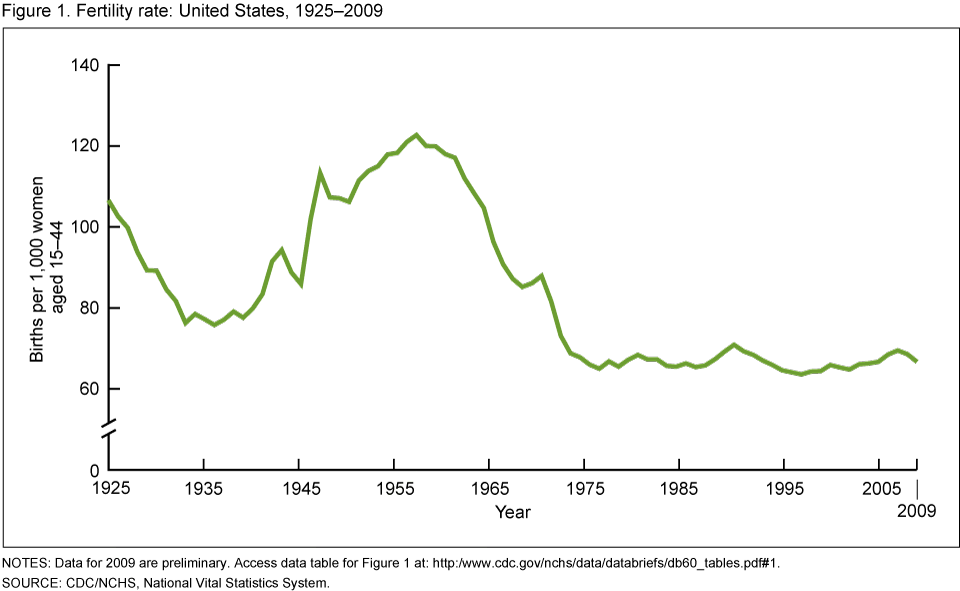dat feel
DailyMail Expert
- Joined
- Oct 6, 2019
- Posts
- 4,005
- Reputation
- 5,397
i feel @OldRooster is the best qualified to answer this question
oldrooster, looking back, if you had to pick a year that was the last good year, basically the beginning of the end, what year would that be? 1982? 1995?
basically the year that you felt things got worse every year thereafter
oldrooster, looking back, if you had to pick a year that was the last good year, basically the beginning of the end, what year would that be? 1982? 1995?
basically the year that you felt things got worse every year thereafter



